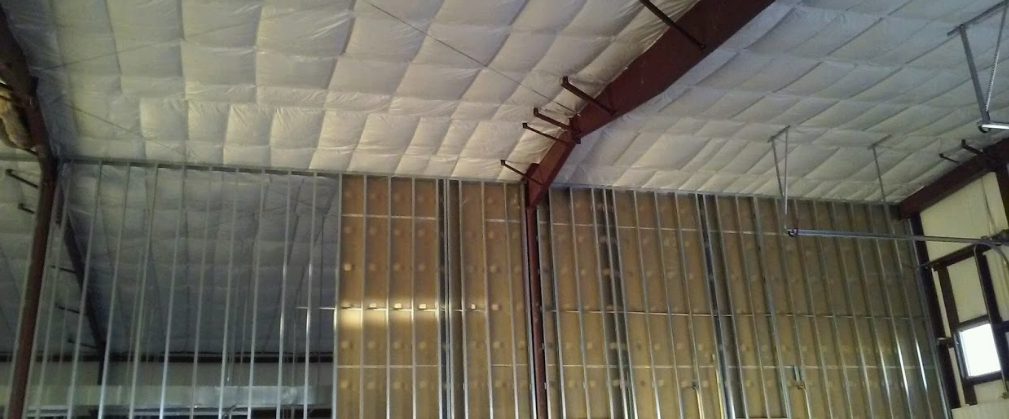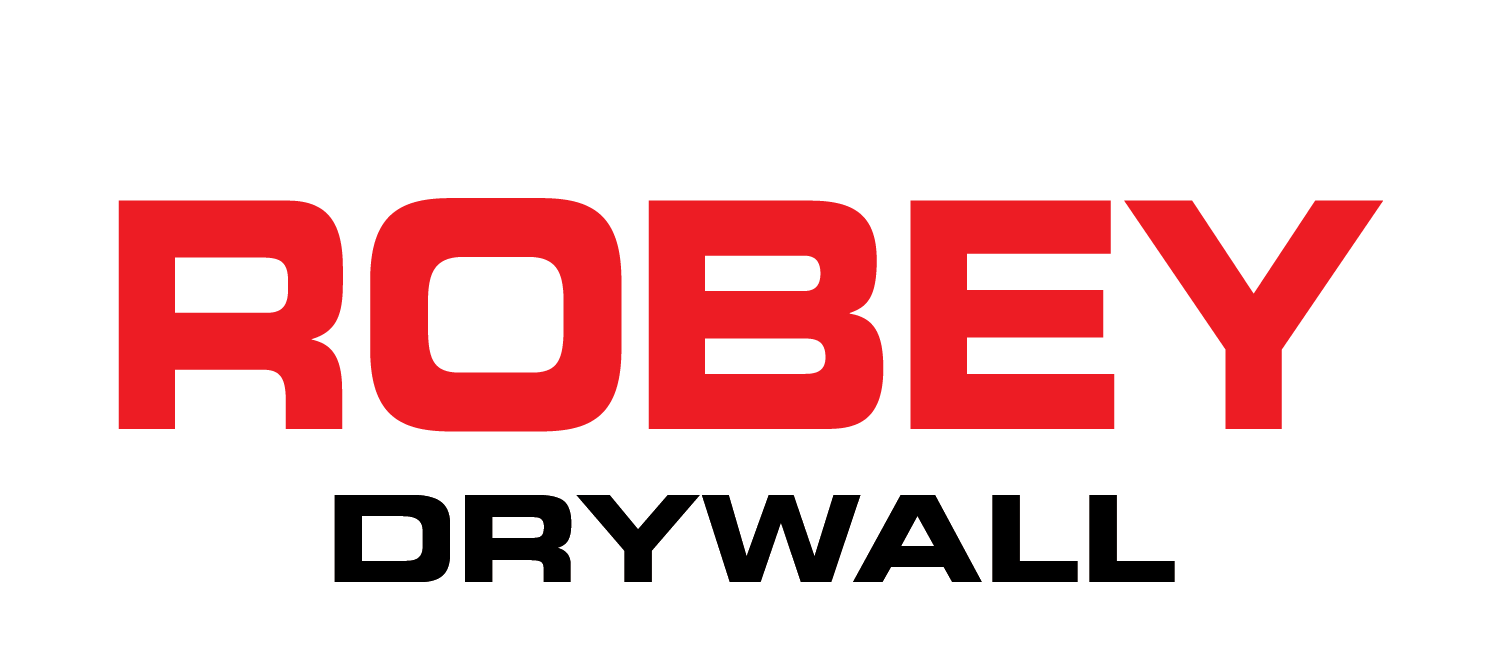Commercial Insulation Types for Six Use Cases

There are a variety of types of commercial insulation available on the market today. While they all can be useful in one setting or another, you want to be sure to pick the right one for the project at hand. Selecting the wrong insulation could be a costly mistake that could lead to a number of negative outcomes. In this article, we’d like to discuss some use cases that highlight how various types of commercial insulations can be deployed.
Optimize Your Budget
When working on a project where managing the budget is of utmost importance, pay attention to one measurement of value above the others – R-value per dollar. R-value is a way to measure the insulative capabilities of a material, and this information is easy to spot on any insulation product. What you are trying to do is find the best deal in terms of getting the most R-value for the least money. The type of insulation that winds up delivering the best value will depend on a number of factors.
Consider Fire Protection
Quite obviously, you want to make sure the insulation you select is not going to become a fire hazard. With fiber glass insulation, for instance, you’ll have a material that is naturally non-combustible. Spray foam can ignite, but only at rather high temperatures, in the 700*F range. There is some fire risk with cellulose insulation, although fire retardants are added to reduce this risk.
What About Moisture?
Adding insulation in an environment where it is frequently damp and rainy? You might want to think about opting for fiber glass insulation. Since it will absorb very little moisture, fiber glass insulation makes for a great pick in this situation. With something like cellulose, you’d run the risk of attracting mold, and you’d also be bringing moisture to the space because it is applied wet most of the time.
Think of the Environment
When sustainability is part of your focus, you’ll again find that fiber glass insulation is a nice choice. This product generally uses a significant amount of recycled material, which is a good start toward sustainability. Fiber glass insulation also doesn’t give off greenhouse gases, and it can even be reused down the line.
Staying Healthy
You don’t want the insulation you choose to have a negative impact on the health of people who use the building in question, or the people installing the insulation. There is some debate as to which types of insulation will be the safest in the short- and long-term, so this point is one where you should do some additional research as part of your process before making the right selection for your situation.
Controlling Sound
If managing sound is one of your top priorities on this project, look at the STC ratings for a given insulation. This is the Sound Transmission Class rating, and you’ll generally find that fiber glass insulation comes in with excellent performance on this point.
